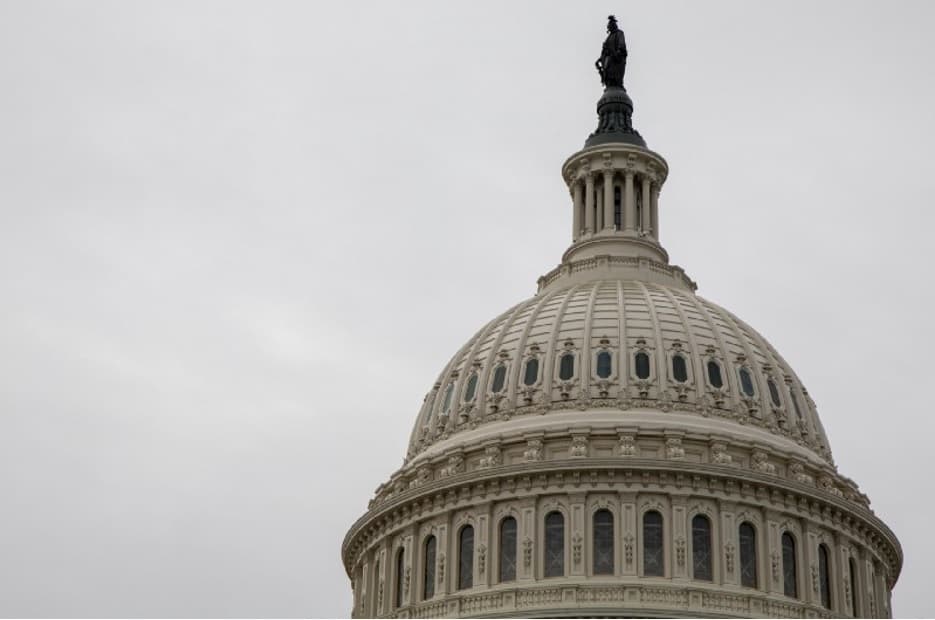
The stimulus money that the government is sending out as part of the Coronavirus Aid, Relief, and Economic Security (CARES) Act doesn’t discriminate between whether you need it or not. The stimulus is coming to virtually everyone who is not someone else’s dependent, or who is over age 17 but has never filed taxes (some other carve-outs exist, too.), and it’s worth $1,200 per adult and $500 per dependent child. So, for a family of four, it’s equal to $3,400. There are income caps based on adjusted gross income, and your check value declines $5 for each $100 your income exceeds your specific cap.
The CARES Act also provides a $600 weekly stimulus to supplement state unemployment benefits through July 31, 2020. Unusually, unemployment benefits have been expanded to include part-time and self-employed workers (including contractors and gig workers.)
So, the question becomes, what’s the smart way to use that money?
What’s the smart way to use stimulus money?
These are upside-down times. So, the first thing to do is determine how the pandemic has affected your income. Are you still in the workforce receiving the same income as before? Or have you been furloughed or laid-off? Are you on unemployment? Has your business been forced to shut down or shift to a limited operation? Or are you a retiree who has been impacted by the volatile stock and bond markets?
Wealth management companies like HCR Wealth Advisors are working with clients to help decide the best strategy to follow. Here are some of the typical situations they find.
- If you are in the workforce and do not expect to lose your job before the economy picks back up, you have several options before you.
- If you lost your job, you might want to combine your stimulus check with any extra that the $600 bump-up has added to your unemployment check and hold what you can as bridge money until you find a new job.
- If you are a freelancer, independent contractor, or gig worker – and the pandemic has affected your income – you may have accessed the unemployment benefits and the $600 supplement. You may also have received the SBA’s Economic Injury Disaster Recovery Loan, where the first $1,000 is a grant instead of a loan.
- If you are a business owner, you may be chasing Paycheck Protection Program dollars or other funds to help cover expenses during the temporary shutdown. But even those funds may leave you in a tight financial situation, and you may want to keep stimulus money readily available to cover family needs.
- If you’re retired, and you count on investments and dividends, the pandemic’s impact on the markets will determine any shortfall from your customary monthly income. The stimulus check may serve as a welcome fill-in.
So, everyone’s case is different. But, there will be some people for whom the CARES Act provides cash that they do not immediately need. And HCR Wealth Advisors can help you put it to your best use.
 Do you have an emergency fund?
Do you have an emergency fund?
Depending on your circumstances, you may not have had to draw down your emergency fund.
So, the question is: how many months of living expenses are in your emergency fund? Three? Six? More? Financial advisors like HCR Wealth Advisors prefer to see clients hold at least six months of emergency funds, so unexpected financial pressures don’t force a sell-off of assets at an inopportune time.
Adding to your emergency fund could be a smart thing to do. But, if your emergency fund is already substantial, what else can you do with your stimulus money?
Do you have credit card or other debt?
What are the interest rates on any credit cards where you carry balances? What about short-term loans? Are you paying rates down around 13%? Or near the national average of 162%? Or, worse yet, at the painful 25+%?
Do you think you can find an investment that guarantees that kind of return without introducing significant risk? The answer is probably ‘no.’ So, think of the power of paying down your highest-interest credit card: you will receive a return comparable to that card’s interest rate. Doesn’t that make sense if you don’t need the stimulus finds for something more urgent?
But what if you don’t have credit-card or short-term debt? What else could you do?
How are your retirement savings doing?
If you’re saving toward retirement but still have a way to go, think about putting any available stimulus money in individual retirement accounts, or IRAs.
Traditional IRAs. The CARES Act’s $600 bump-up on weekly unemployment compensation is taxable income (as are your regular unemployment benefits). A traditional IRA may offer the most significant advantage here, as you would be contributing pre-tax dollars and would delay paying the taxes until you withdraw the funds.
In fact, since the CARES Act also extended the tax filing deadline for 2019 to July 15, 2020, you can still contribute to your 2019 IRAs. If your annual income in 2020 will be lower than in 2019 because of the pandemic, your tax bracket might be higher in 2019. That increases the value of the deduction.
Roth IRAs. Your stimulus check is not taxed, and you will not have to report those funds with your 2020 income. Contributing to a Roth IRA might make more sense. Even without a deduction advantage, a Roth IRA still lets your funds grow tax-free. And, if you meet the IRS requirements, those funds will be available in retirement when you are trying to avoid taxable income.
If you haven’t maximized your Roth IRA contribution for 2019, you might want to allocate the stimulus fund contribution to 2019 instead of 2020, which leaves that much more available for 2020.
IRA strategies are best decided as part of an overall retirement strategy, which is the specialty of HCR Wealth Advisors.
What about retirement investments?
Whether you are retired or not, if your nest egg could use some shoring up, work with a financial advisor such as HCR Wealth Advisors to place whatever stimulus funds are left. If earmarked for investments, the key is to find a risk profile for the funds that matches that of your long-term goals and investment portfolio.
The range is wide. You may be looking for a low-risk investment that simply grows faster than the rate of inflation, so the funds will be available when you need them. Or, you may see them as actual ‘found’ money and want to place them at higher risk.
Be thoughtful about what you do with these funds, whatever you choose. The stimulus funds have been provided to you to serve you. Be sure they serve you well.
About HCR Wealth Advisors:
HCR Wealth Advisors prides itself on offering its clients exceptional service. As it says, “That is the heart of our business.” HCR provides comprehensive financial advice tailored to each client. By examining their starting point and goals on a macro and micro level, the team can develop and refine investment strategies and keep clients on track to reach their goals.
This article is provided for informational purposes only and should not be interpreted as investment advice. HCR Wealth Advisors is not affiliated with this website.



